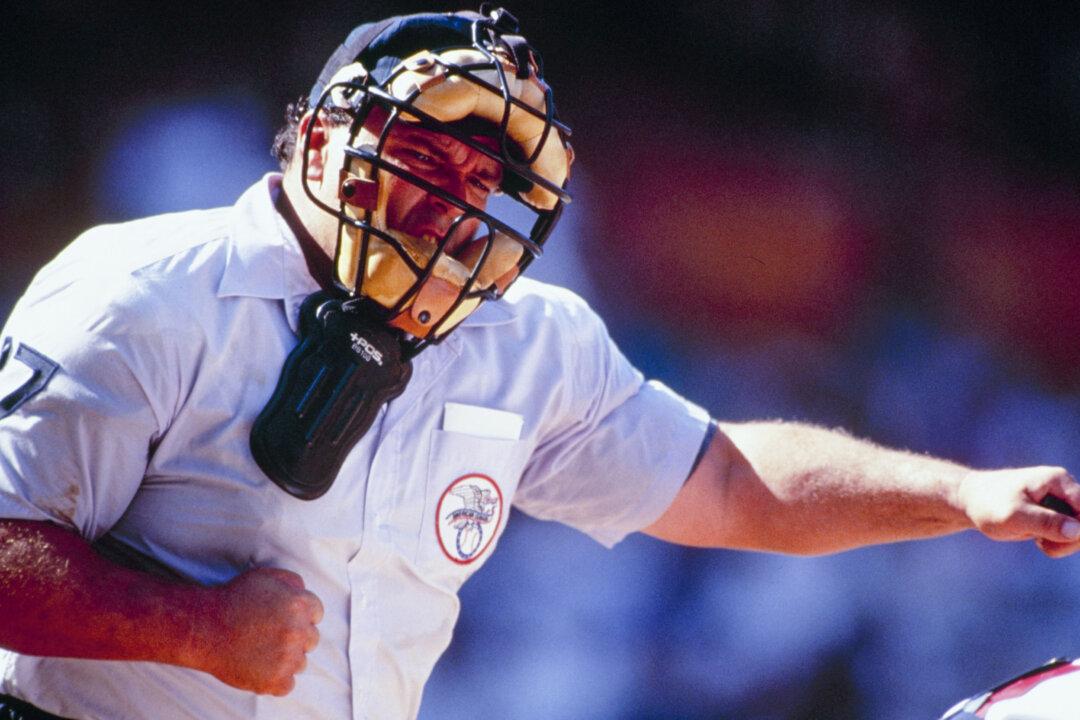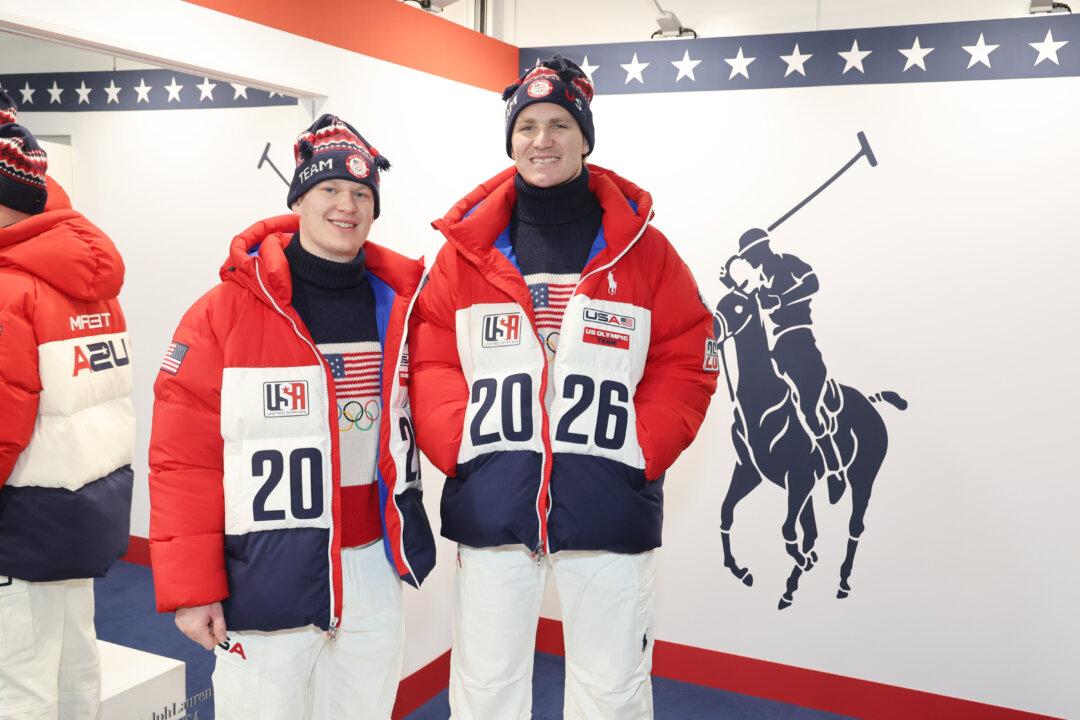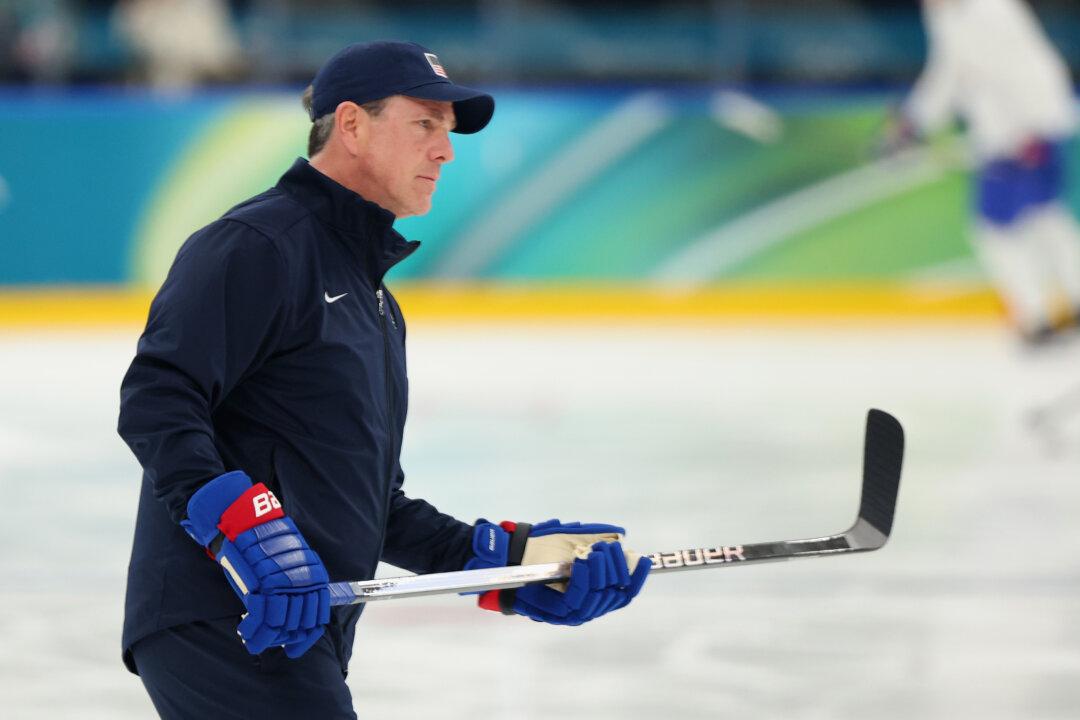John Andrew “Rocky” Roe understands an MLB umpire’s life.
After 23 seasons on the job, working the bases and calling balls and strikes behind home plate, Roe knows the highs that come with umpiring at the highest level, and what the rigors of working out of a suitcase mean. Following his dream and collecting a paycheck had a cost.





